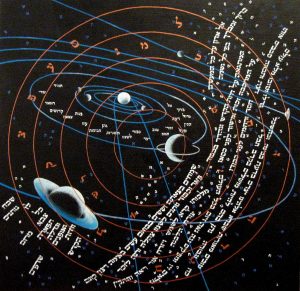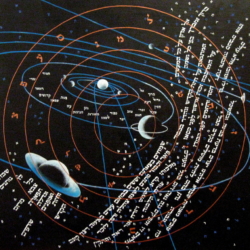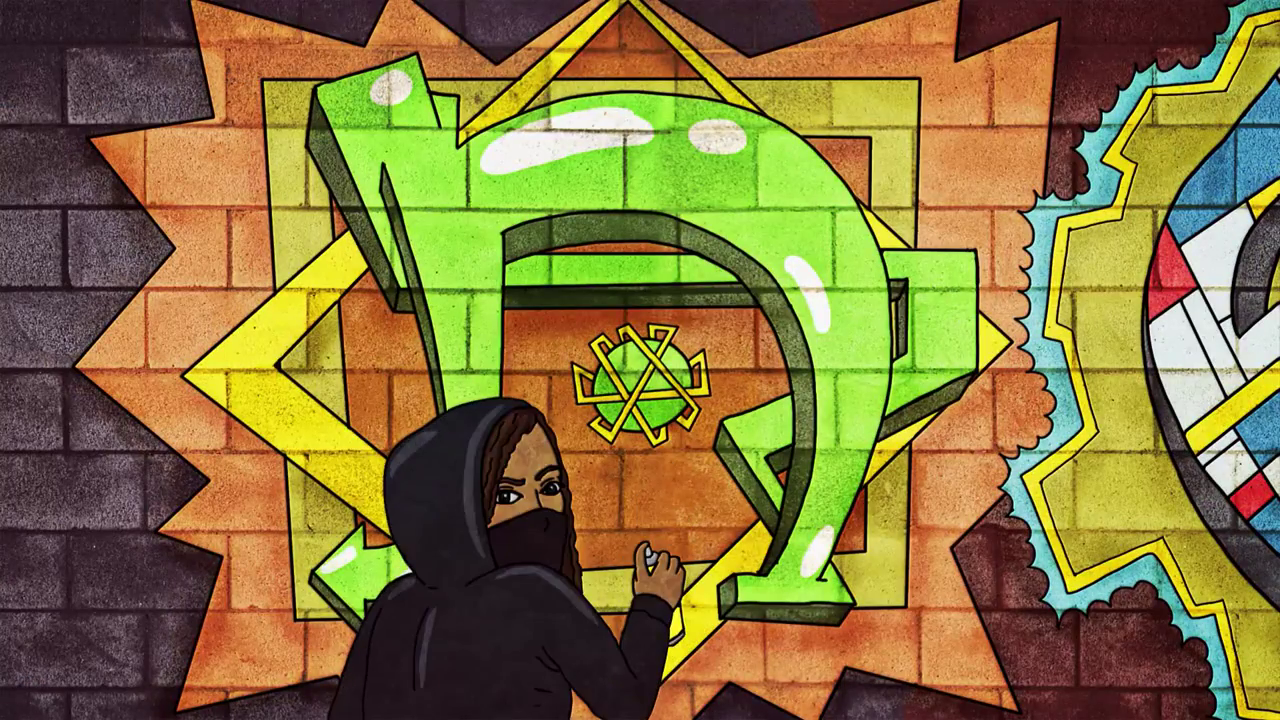| Source (Hebrew) | Translation (English) |
|---|---|
אֵל אָדוֹן עַל כָּל־הַמַּעֲשִׂים בָּרוּךְ וּמְבֹרָךְ בְּפִי כָּל נְשָׁמָה גָּדְלוֹ וְטוּבוֹ מָלֵא עוֹלָם דַּֽעַת וּתְבוּנָה סֹבְבִים אוֹתוֹ׃ |
A master over all the productions is God Bless and blessed in the mouth of every soul Can fill eternity the greatness and goodness Deep knowledge and insight surrounds it all |
הַמִּתְגָּאֶה עַל חַיּוֹת הַקֹּדֶשׁ וְנֶהְדָּר בְּכָבוֹד עַל הַמֶּרְכָּבָה זְכוּת וּמִישׁוֹר לִפְנֵי כִסְאוֹ חֶֽסֶד וְרַחֲמִים מָלֵא כְבוֹדוֹ׃ |
Exalted one over living beings of the holy Full radiance in glory is over the chariot Grant merit and fairness before the throne Have mercy and compassion before the glory |
טוֹבִים מְאוֹרוֹת שֶׁבָּרָא אֱלֹהֵינוּ יְצָרָם בְּדַֽעַת בְּבִינָה וּבְהַשְׂכֵּל כֹּֽחַ וּגְבוּרָה נָתַן בָּהֶם לִהְיוֹת מוֹשְׁלִים בְּקֶֽרֶב תֵּבֵל׃ |
Indeed good are lights that our God created Joined them in knowledge, insight, and acumen Kept strength and might given in them Left to be rulers in the midst of the world |
מְלֵאִים זִיו וּמְפִיקִים נֹֽגַהּ נָאֶה זִיוָם בְּכָל־הָעוֹלָם שְׂמֵחִים בְּצֵאתָם וְשָׂשִׂים בְּבוֹאָם עֹשִׂים בְּאֵימָה רְצוֹן קוֹנָם׃ |
Manifesting luster and magnificent brightness Noteworthy is their luster in all the eternity Overjoyed in going and delighted in coming Producing in awe the will of their owner |
פְּאֵר וְכָבוֹד נוֹתְנִים לִשְׁמוֹ צָהֳלָה וְרִנָּה לְזֵֽכֶר מַלְכוּתוֹ קָרָא לַשֶּֽׁמֶשׁ וַיִּזְרַח אוֹר רָאָה וְהִתְקִין צוּרַת הַלְּבָנָה׃ |
Quality splendor and glory is given to the Name Regaling joy and gladness to memory of the realm Sent a call to the sun and it shown forth light Took sight and fixed the form of the moon |
שֶֽׁבַח נוֹתְנִים לוֹ כָּל־צְבָא מָרוֹם תִּפְאֶֽרֶת וּגְדֻלָּה שְׂרָפִים וְאוֹפַנִּים וְחַיּוֹת הַקֹּדֶשׁ׃ |
Unto God is given praise all host on high Visible splendor and greatness, Seraphim and Ophanim and living beings of the Holy. |
The piyyut “El Adon” by an unknown author is one of the oldest piyyutim known, from late Antiquity. Note that in El Adon, the acrostic line for the letter samekh uses the sin in its place, the two being phonetically equivalent. There are some minor variations between the text as provided in the Sefaradi and Ashkenazi liturgical customs. Macy Nulman writes in his entry on “Ayl Adon” in Encyclopedia of Jewish Prayer (1993, pp. 61-62):
A Piyyut arranged in alphabetical acrostic form recited in the Yotzayr benediction on Shabbat and, according to the Ashkenazic rite, on a festival day when it coincides with Shabbat. If the festival day is a weekday, it is omitted. Sephardim recite Ayl Adon (“God, the Master of all works”) on Shabbat and even on festivals that occur on weekdays. The poem is alluded to in the Talmud[1] Hagigah 3b. and appears in the Zohar,[2] Terumah 132a, Vayakhayl 205b. and it is generally attributed to the Yorday Merkavah (Descenders/Riders of the Chariot), mystics of the mid-first millennium. The chariot referred to in the Piyyut (“and is splendrous in glory above the chariot”) is derived from the vision of Ezekiel in his Ma’asayh Merkavah prophesy (Ezekiel chaps. 1 and 10).
The poem, introduced into the Sabbath liturgy by the Ge’onim, has no uniformity in meter. Its alphabetical arrangement is to illustrate that God created the world for the sake of the Torah, which is written in twenty-two letters of the Hebrew alphabet.[3] Abudraham. ) The first verses (Ayl and Barukh) each contain five words, adding up to ten and alluding to the “ten words” by which God created the world.[4] Avot 5.1. The two final verses (Shevah and Tiferet) have six words each, a total of twelve, to correspond to the twelve zodiacal signs.[5] Berakhot 32b. The intermediate eighteen verses (from Godlo to Ra’ah) contain four words, the total adding up to seventy-two, which corresponds to the Divine Name of seventy-two letters.[6] Cf. Kol Bo; see also Zohar, Parshat Terumah.
The poem is an homage to God for the creation of the heavenly hosts–the sun, the moon, and stars. After having mentioned the sun and moon, whose functions are well known, the author also alludes to the five planets, Shabtai (Saturn), Nogah (Venus), Kokhav (Mercury), Tsedek (Jupiter), and Ma’adim (Mars) by means of the initial words of the next to the final verse, Shevah Notnim Kol Tseva Marom.[7] Iy Tef, vol. 1, p.682; cf. also Shabbat 156a. Although there are several textual variations between Ashkenazim and Sephardim , both have the same number of words in the poem, based on the dictum that one not alter the number of words in Ayl Adon.[8] Magen Avraham to OH, chapter 281.
The alphabetic acrostic English translation was made by Rabbi Sam Seicol. He writes, “[This is] an English alphabetic translation of the El Adon from the Shabbat morning creation blessing. [The translation] is an original work by the author to provide an English sense of the Hebrew aleph-betic merkava mystic original.”
Notes

“אֵל אָדוֹן (אשכנז) | El Adōn, a piyyut attributed to the Yordei Merkavah (alphabetic acrostic translation by Rabbi Sam Seicol)” is shared through the Open Siddur Project with a Creative Commons Attribution-ShareAlike 4.0 International copyleft license.








Leave a Reply